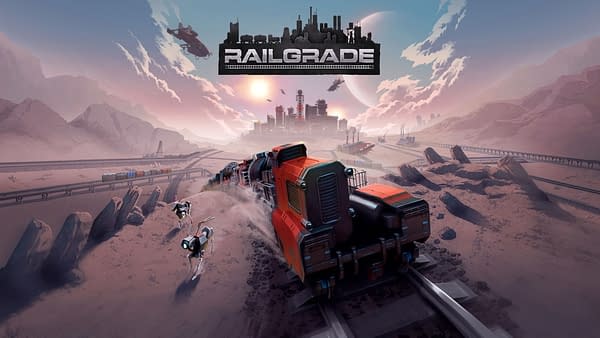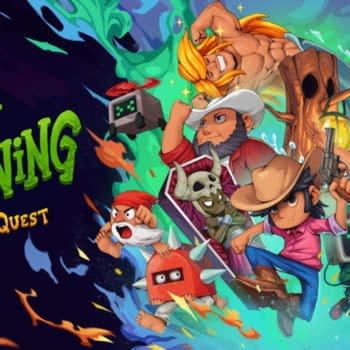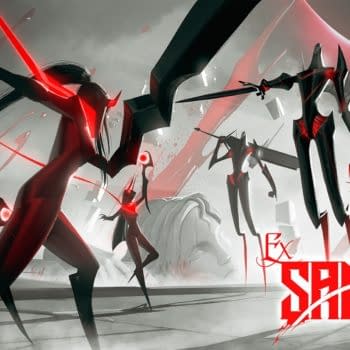Posted in: Games, Indie Games, Video Games | Tagged: Gamera Games, Minakata Dynamics, Railgrade
Railgrade Has Finally Arrived On Steam This Month
Minakata Dynamics has brought Railgrade over to Steam, giving players a new platform to live out their futuristic train management goals.
Indie game developer and publisher Minakata Dynamics, along with Gamera Games, have finally released Railgrade for Steam this past week. The game had previously been an Epic Games Store exclusive, which in some ways helped them out but in other ways limited the game's exposure. Now you can get everything that's been released for the game so far on Steam, as well as GOG, giving players all the tools they need to make their futuristic railway adventures possible. We have more info about the Steam release for you below, as well as a trailer for you to enjoy showing off all the contents of the game, as you can go play it right now.

"Across over 60 campaign missions, Railgrade players must overcome challenges by bringing together the essential industrial buildings and their needed materials to create a productive and efficient colony. Each mission brings new obstacles to overcome, such as tricky terrain and arid environments, so players must choo-choose carefully, lest their colony go off the rails. New for Railgrade's Steam launch is additional missions, engines, and industry! Steam (vapor) plays a key role in these missions as players terraform portions of a wild off-world colony planet. The heavy steam engine, the Kettle, brings the heavy lift capacity of heavy diesel engines with the lower capital investment of the existing Boiler steam engine."
"New industry, 11 additional missions, and endless mission modifiers are also available, along with Steam Deck support, which means that players can do it all on the go, even when they're riding the rails themselves. Completing the experience is a user experience that ensures players feel right at home in the industrial hubs of another world. New quality-of-life improvements, including UI scaling and toggling the branch preferences of all trains, are carefully designed to make the process of creating a vast, train-based industrial complex surprisingly smooth."











